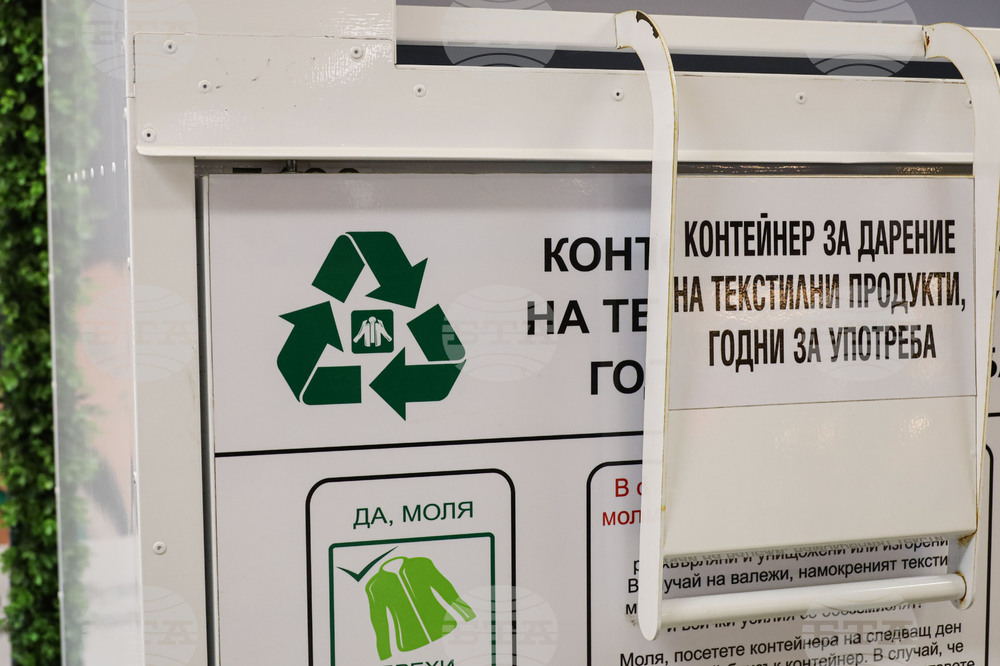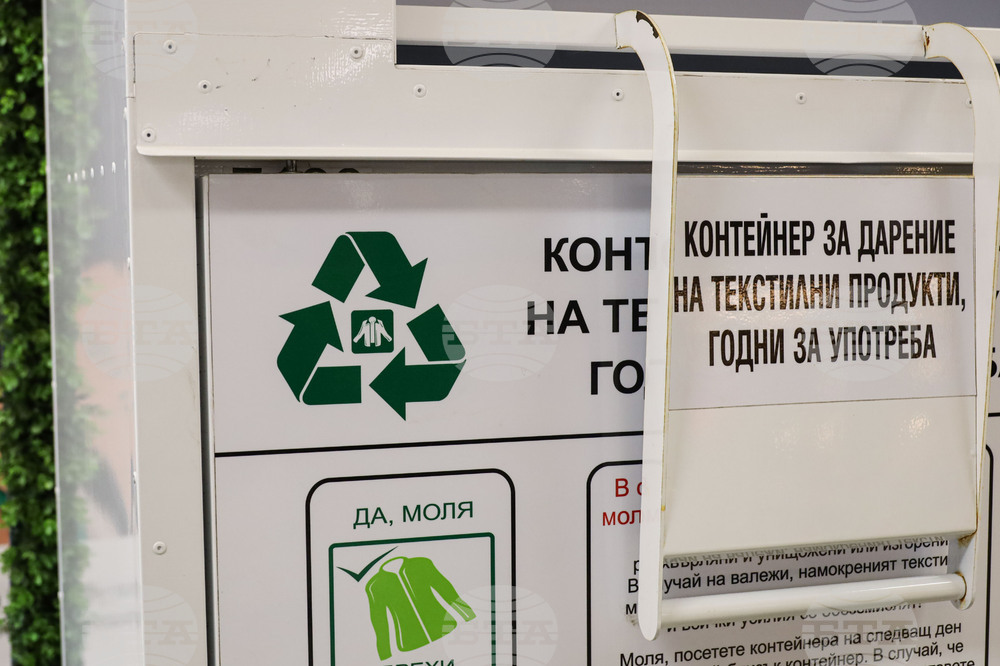site.btaOver 100,000 Tonnes of Textiles Discarded Annually in Bulgaria, Study Shows


Five times the weight of Sofia’s NDK conference centre - more than 100,000 tons - that is how much textiles people throw away in Bulgaria alone. Only 2% of it is recycled, and between 50 and 70% of the clothes and other textiles collected in Europe are fit for use. This was announced by the Association for Textile Recycling
/NZ/
news.modal.header
news.modal.text